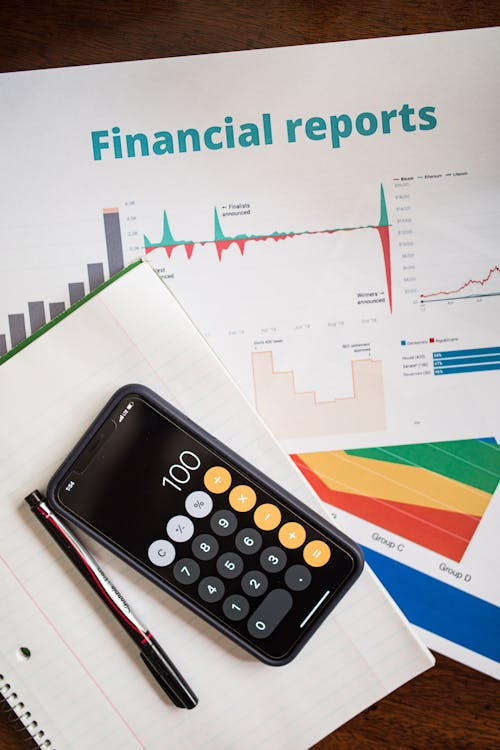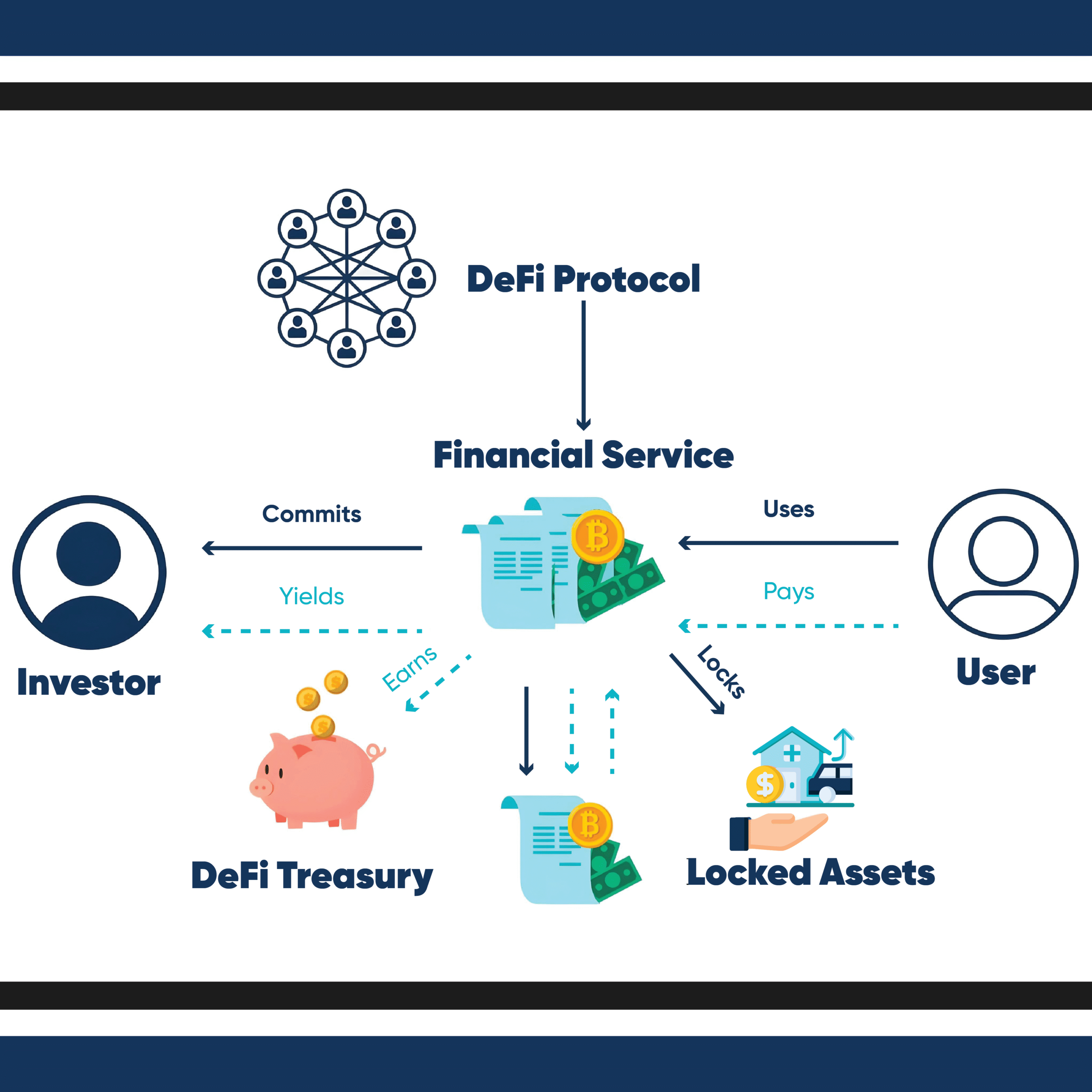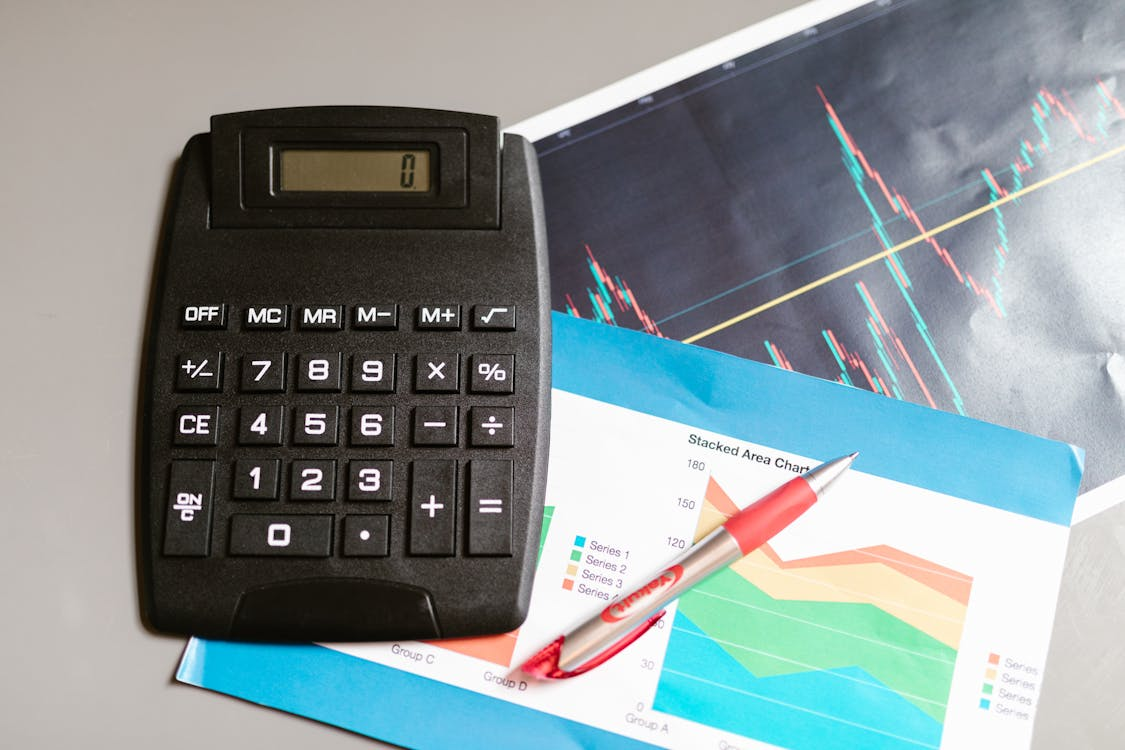In the ever-evolving world of digital assets, one of the loudest calls from institutional players and regulators alike is for standardized reporting. Why? Because what good is a decentralized revolution if no one knows how to account for it?
The fragmented nature of digital asset regulations, tax treatment, and financial disclosures across jurisdictions has created a patchwork system that’s, frankly, a nightmare for both compliance teams and CFOs. But things are changing—slowly, yes—but also steadily.
Let’s break down how global accounting standards are maturing to accommodate the digital asset class and what this means for market transparency, operational integrity, and investor confidence moving forward.

The Challenge of Speaking a Common Language
Accounting frameworks were built around traditional assets—stocks, bonds, real estate—not for crypto wallets containing NFTs, stablecoins, tokenized equities, and DAO tokens all at once. The inconsistency in how digital assets are treated across borders makes accurate financial reporting nearly impossible for global businesses.
Take Bitcoin, for example. In the U.S., it’s typically classified as an intangible asset. Meanwhile, Germany treats it more like private money. That’s a major disconnect—and one that leads to headaches in valuation, impairment testing, and disclosures.
So, what’s the fix? A universal language for digital asset accounting—and that’s exactly what global institutions are now trying to build.

IFRS Steps into the Crypto Conversation
The International Financial Reporting Standards (IFRS) Foundation hasn’t been silent. In fact, the IFRS Interpretations Committee released guidance confirming that most crypto assets—like Bitcoin—should be accounted for as intangible assets unless they’re held for sale in the ordinary course of business.
However, that’s not enough. The crypto market has evolved far beyond holding coins. We’re talking yield farming, staking, liquidity pools, NFTs, and synthetic tokens. And these assets blur the line between intangible, financial instruments, and inventory.
That’s why the IFRS Foundation launched the International Sustainability Standards Board (ISSB), with a mandate to enhance disclosures around sustainability—but also digital finance, where transparency is equally vital.
The Role of the FASB in U.S. Crypto Accounting Reform
Across the pond, the U.S. Financial Accounting Standards Board (FASB) has also made some long-awaited moves. After years of criticism for treating crypto as “intangible assets subject to impairment,” FASB proposed in 2023 a new standard allowing companies to use fair value accounting for certain digital assets.
This shift is a game changer.
Instead of only writing down losses, businesses could now also record gains—creating a more balanced, realistic view of digital asset portfolios. For U.S.-based crypto firms, this finally aligns accounting practices with how these assets function in practice.
Still, FASB’s scope is narrow. The proposal mostly covers actively traded cryptocurrencies. Other categories like NFTs, wrapped tokens, and tokenized real-world assets remain in accounting limbo.

Cross-Border Issues: One Framework, Many Interpretations
Even with IFRS and FASB pushing ahead, most jurisdictions still have their own take on crypto. Japan requires exchanges to hold customer assets in trust accounts. Switzerland classifies crypto as property. The UK leans on existing financial instrument frameworks, while Singapore has opted for tax clarity before accounting updates.
That inconsistency makes it difficult for international companies and funds to present cohesive, trustworthy financials. It also opens the door to regulatory arbitrage—where firms cherry-pick jurisdictions for more lenient accounting rules.
To solve this, the Financial Stability Board (FSB) and the OECD have both started publishing guidance on global crypto oversight. The aim is clear: more consistent definitions, taxonomies, and measurement bases.
Industry-Led Standards: When Tech Leads the Charge
While regulators deliberate, the crypto industry hasn’t waited around. Private bodies like the Global Digital Finance (GDF), Crypto Valley Association, and Accounting Blockchain Coalition have stepped in to draft voluntary standards that reflect the on-chain economy’s complexity.
These standards tackle practical issues like:
- Token classification (fungible, non-fungible, governance)
- Wallet-level asset tracking
- Staking and DeFi accounting
- DAO treasury reporting
One notable development is the push for on-chain attestations and blockchain-based audit trails, which provide real-time transparency for both investors and regulators. These tools allow digital asset portfolios to be monitored continuously—not just once per quarter.

Why Standardization Matters Now More Than Ever
As crypto matures, it’s increasingly being adopted by traditional institutions—from hedge funds to pension boards. These players expect rigorous, transparent accounting before they move large sums of capital.
Without global standards, here’s what’s at risk:
- Market Integrity: Vague or inconsistent disclosures shake investor trust.
- Operational Risk: Inaccurate accounting can lead to compliance violations or tax errors.
- Valuation Volatility: Without standardized metrics, pricing and impairment judgments become speculative.
Standardized reporting ensures crypto doesn’t remain a financial outlier but becomes a trusted component of modern portfolios.
What’s Next: Bridging the Gaps
In the next two years, expect to see:
- Finalization of FASB’s fair value crypto accounting standard.
- Broader IFRS updates reflecting DeFi, NFTs, and tokenized assets.
- Continued collaboration between the ISSB, OECD, and G20 to align global reporting rules.
- Tech-driven solutions—like blockchain-based ledgers for real-time compliance and automated audit trails.
But ultimately, trust will come from convergence—not just of data and tech, but of rules, principles, and definitions that everyone can agree on.
Discover Blockchain Excellence with Kenson Investments
At Kenson Investments, we offer top-tier digital asset support to help you navigate crypto asset markets. Our team of digital asset specialists is dedicated to providing legitimacy and transparency in blockchain asset investments. We are also a Blockchain asset investments consultant and a trusted Digital asset strategy consulting firm offering expert DeFi Finance consulting services and Digital asset consulting for startups to help you thrive in this evolving space.
Call now to explore how we can help you in this dynamic market!
Disclaimer: The information provided on this page is for educational and informational purposes only and should not be construed as financial advice. Crypto currency assets involve inherent risks, and past performance is not indicative of future results. Always conduct thorough research and consult with a qualified financial advisor before making investment decisions.
“The crypto currency and digital asset space is an emerging asset class that has not yet been regulated by the SEC and US Federal Government. None of the information provided by Kenson LLC should be considered financial investment advice. Please consult your Registered Financial Advisor for guidance. Kenson LLC does not offer any products regulated by the SEC including, equities, registered securities, ETFs, stocks, bonds, or equivalents”














